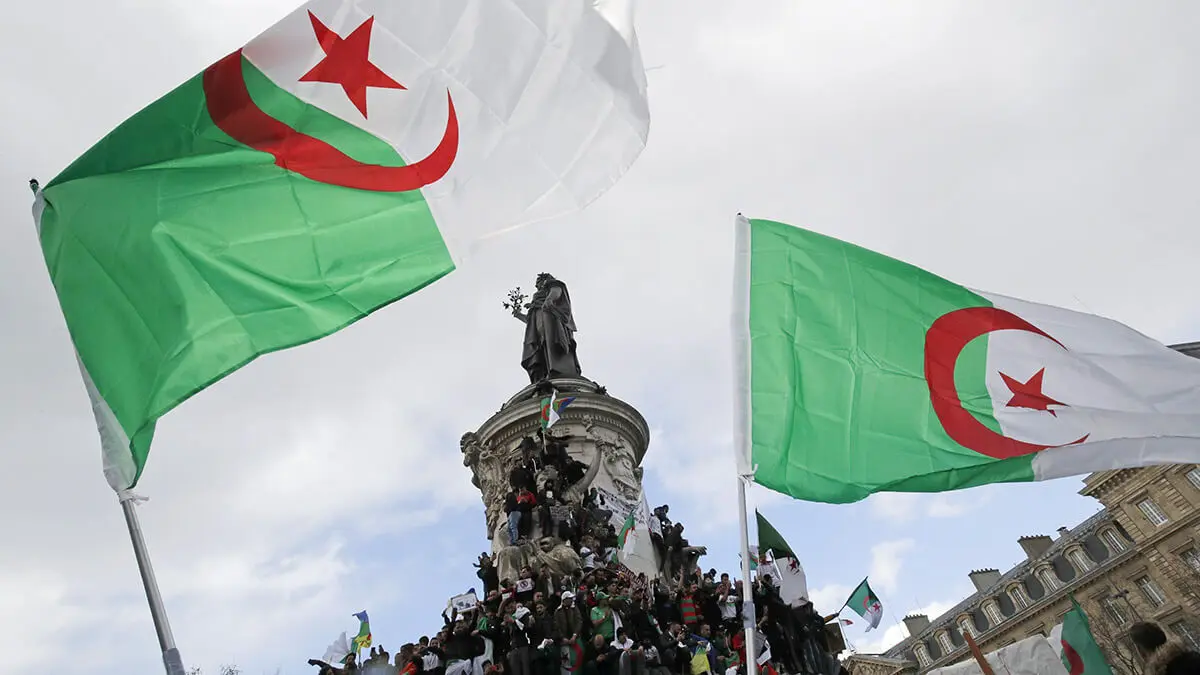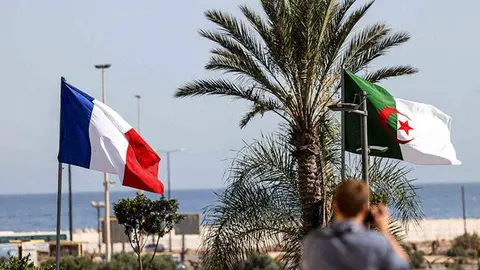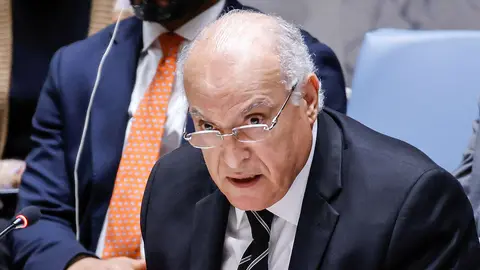Algeria expels French diplomats: growing tension over the Sahara

Algeria based its position on the provisions of the Vienna Convention on Diplomatic Relations, considering that France's violation of accreditation procedures constitutes a breach of international norms and an attack on national sovereignty.
However, a careful reading of this decision, accompanied by a harsh and charged tone from the Algerian Ministry of Foreign Affairs, reveals that the issue goes beyond a simple violation of protocol, touching on the core of the new geopolitical balances affecting Algerian-French relations. In this context, the issue of the Moroccan Sahara appears to be key to understanding the growing tension between the two countries.
Since Paris began strengthening its strategic cooperation with Rabat and increased visits by senior officials to cities in the Moroccan Sahara — led by the Minister of Foreign Affairs and the Minister of Economy — and following the unprecedented interest shown by major French companies in investing in these regions, it has become clear to the world that Paris has taken sides with the Moroccan position, rejecting Algeria's manoeuvres and provocations in international forums.
Algeria's tense and repeated behaviour towards France, preceded by the withdrawal of ambassadors and the suspension of cultural and security cooperation, highlights the deep strategic confusion afflicting Algerian diplomacy. This diplomacy has failed to maintain what it considered a ‘traditional balance’ in Paris's relationship with the fabricated conflict in the Sahara, and now faces a new geopolitical reality based on interests and complementarity, not obsolete ideologies or politicised slogans.
Although it is legitimate for any state, in accordance with international law, to reject any violation of its sovereignty or breach of diplomatic norms, turning this rejection into a weapon of retaliation against the sovereign decisions of another state on a matter that does not concern it reflects a serious lapse in political judgement and reveals a short-sighted view of international developments.
Algeria's decision threatens to further deteriorate bilateral relations, which could lead to a paralysis of consular representation and hinder cooperation on security and economic issues at a time when regional partners need stability and coordination to address major challenges such as irregular migration, terrorism and climate change.
This escalation also exposes Algerian diplomacy to muted international criticism, which sees this attitude as a political use of international law and diplomatic norms, as well as a sign of the loss of room for manoeuvre by a regime that can no longer keep pace with the new dynamics in the Maghreb.
It seems that Algeria has chosen, as on previous occasions, to cover up its political failures under the veil of legal sovereignty, invoking international texts emptied of content through selective and vindictive use. The reality, however, lies in its fear of growing diplomatic isolation and the loss of traditional allies, while Morocco continues to reap the rewards of its calm diplomacy and forge alliances with influential powers, including France.
In conclusion, sovereignty here is nothing more than a curtain to cover up poor judgement, and diplomatic norms are nothing more than tools in a lost battle, where slogans do not triumph, but rather vision, legitimacy and political realism.
Lahoucine Bekkar Sbaai, lawyer at the Bar Association before the Courts of Appeal of Agadir and Laayoune; and researcher on migration and human rights
Expert on the Moroccan Sahara conflict.



